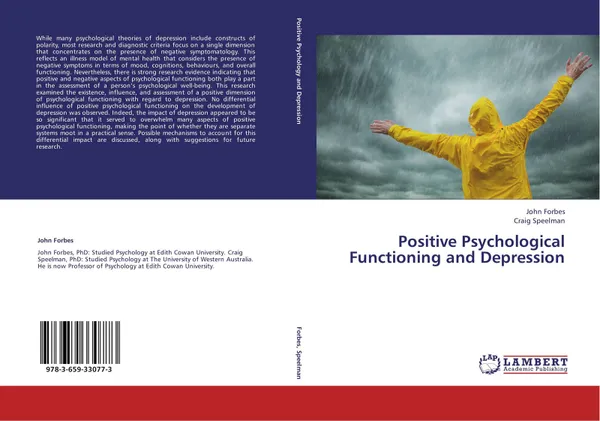Positive Psychological Functioning and Depression
📓 While many psychological theories of depression include constructs of polarity, most research and diagnostic criteria focus on a single dimension that concentrates on the presence of negative symptomatology. This reflects an illness model of mental health that considers the presence of negative symptoms in terms of mood, cognitions, behaviours, and overall functioning. Nevertheless, there is strong research evidence indicating that positive and negative aspects of psychological functioning both play a part in the assessment of a person’s psychological well-being. This research examined the existence, influence, and assessment of a positive dimension of psychological functioning with regard to depression. No differential influence of positive psychological functioning on the development of depression was observed. Indeed, the impact of depression appeared to be so significant that it served to overwhelm many aspects of positive psychological functioning, making the point of whether they are separate systems moot in a practical sense. Possible mechanisms to account for this differential impact are discussed, along with suggestions for future research.
Мнения
